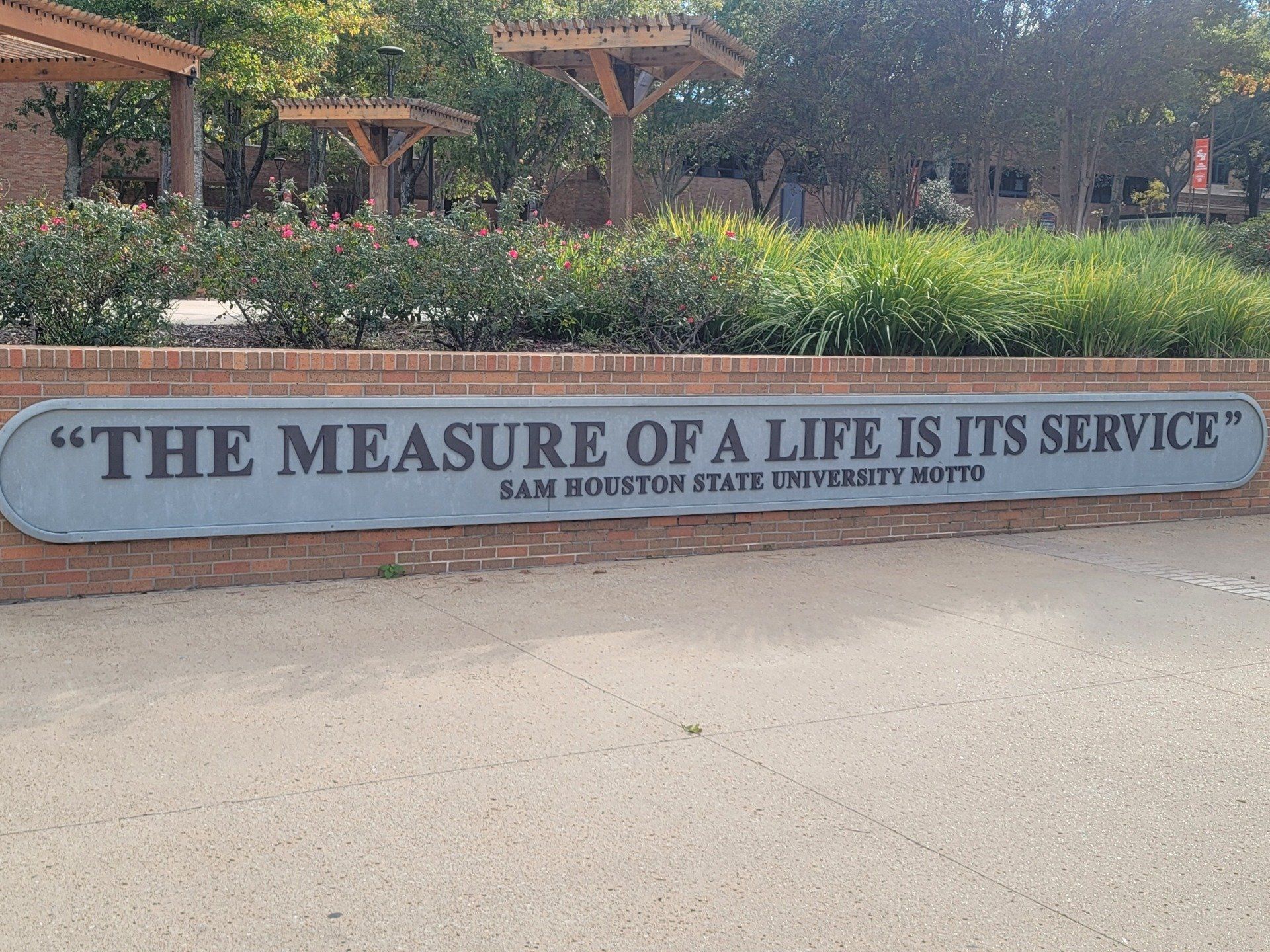New Paragraph
Quality Matters is considered the 'gold standard' for ensuring online and blended courses have been designed and structured to meet the needs of diverse learners, covering a broad spectrum of items ranging from accessibility to integration of technologies. I have been trained by Quality Matters to design my own courses and to serve as a peer-reviewer for other instructors trying to have their courses certified. Specifically, I have completed the 1) Applying the Quality Matters Rubric (APPQMR) and 2) Peer Reviewer Certification courses. In addition to currently having one of the courses I've design submitted for QM review, I am also an active peer-reviewer for Quality Matters. For more information on Quality Matters, please visit: [Link].
The University of Adelaide
Undergraduate Courses

Sam Houston State University
Undergraduate Courses


